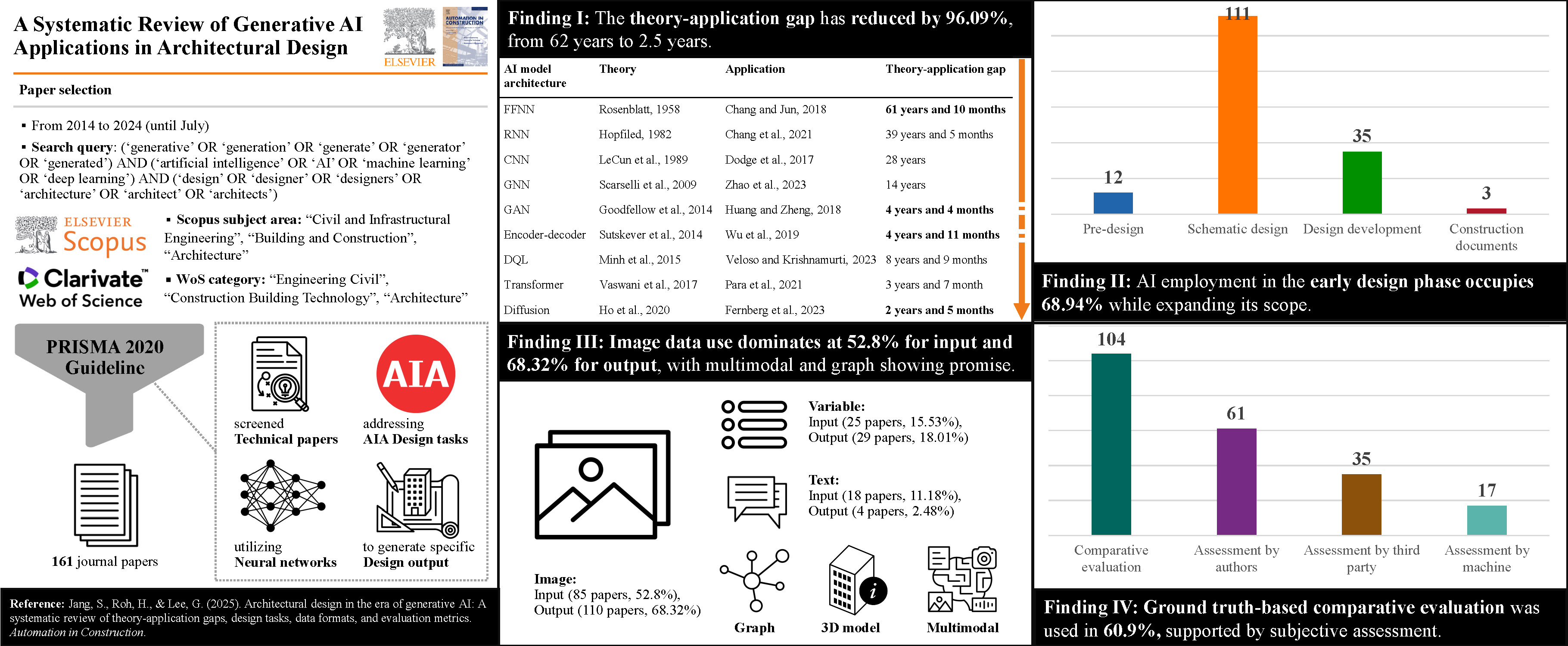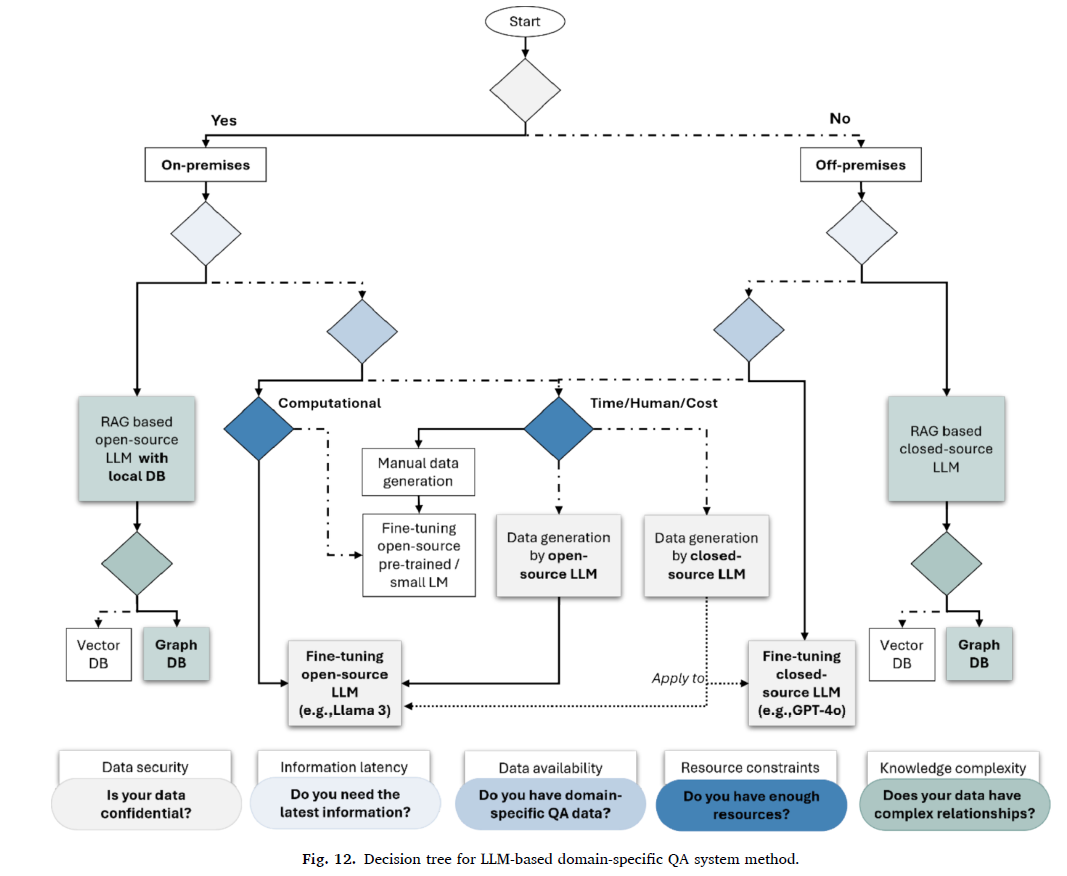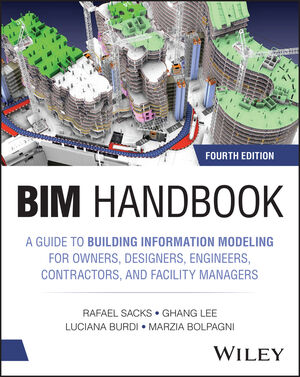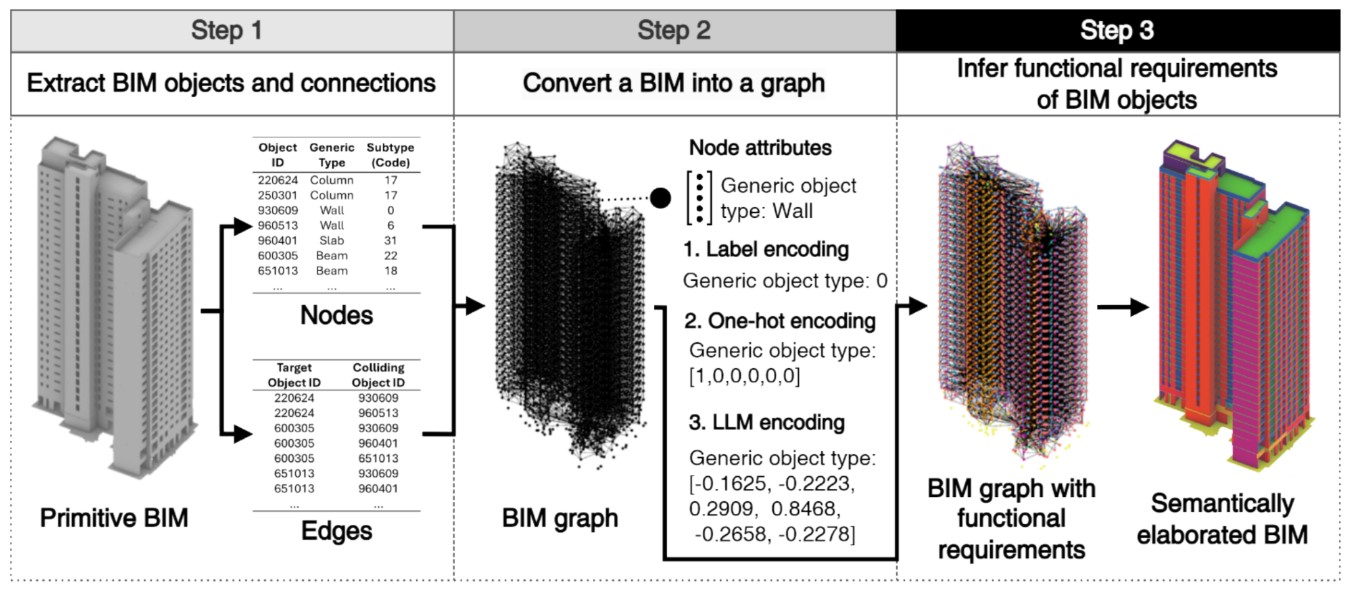

This paper presents a systematic review of generative artificial intelligence (AI) use in architectural design from 2014 to 2024, focusing on 1) AI models and theory-application gaps, 2) design phases, tasks, and objectives, 3) data types and contents, and 4) evaluation methods. Based on 161 journal papers selected using preferred reporting items for systematic reviews and meta-analysis (PRISMA), the analysis reveals the theory-application gap has been reduced by 96.09 %, from 62 to 2.5 years, highlighting rapid AI adoption since 2021 with generative adversarial networks (GANs) leading, and transformers and diffusion models gaining traction. For its application, AI is employed in schematic design phases in 68.94 %, while later phases remain underexplored. Regarding types of data used, images dominate at both input (52.8 %) and output (68.32 %), with multimodal and graph data showing promise. For evaluation, comparative evaluation was most utilized (60.9 %) supported by subjective assessment by authors (34.2 %) and third parties (17.4 %). Learn more…


view
Jang, S., Roh, H., & Lee, G. (2025). Generative AI in architectural design: Application, data, and evaluation methods. Automation in Construction, 174, 106174. https://doi.org/10.1016/j.autcon.2025.106174


view
Jeon, K., and G. Lee. 2025. “Hybrid large language model approach for prompt and sensitive defect management: A comparative analysis of hybrid, non-hybrid, and GraphRAG approaches.” Advanced Engineering Informatics, 64: 103076. https://doi.org/10.1016/j.aei.2024.103076.


view
Sacks R., Lee G., Burdi L., and Bolpagni M. 2025. “BIM Handbook: A Guide to Building Information Modeling for Owners, Designers, Engineers, Contractors, and Facility Managers”, 4th Edition. Wiley (ISBN: 978-1-394-22223-0)


view
Jang, S., Lee, G., Park, M., Lee, J., Suh, S., & Koo, B. (2025). Semantic elaboration of Low-LOD BIMs: Inferring functional requirements using graph neural networks. Advanced Engineering Informatics, 64, 103100.
MORE